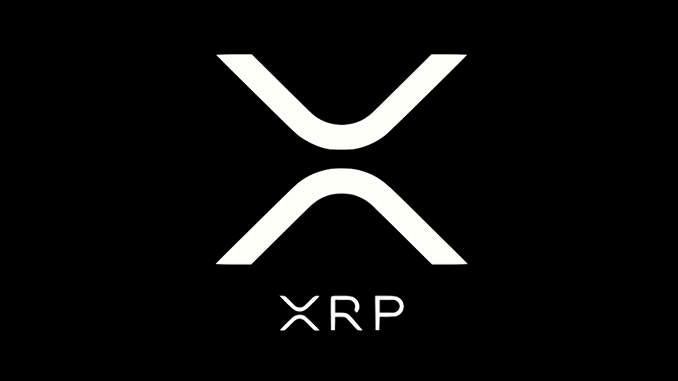
XRP, Ripple’s crypto currency, has been suspected for years of being a security token under US law. Chris Giancarlo, the former chairman of the CFTC supervisory authority, believes that Ripple need not worry about this.
Ripple (XRP) with a market capitalization of currently almost 8 billion US dollars is the fourth largest crypto currency in the world – but its legal status has still not been decided. In the USA, various class action lawsuits are underway by disappointed investors who are sure that XRP from Ripple was sold to them without sufficiently educating them about XRP. From the plaintiffs’ point of view, XRP is a security token and therefore falls under the rules for securities, including documentation requirements. Ripple sees it differently and can now show a prominent advocate in Chris Giancarlo. Giancarlo was chairman of the Commodity Futures Trading Commission (CFTC) from 2013 to 2019, which deals with issues like XRP. And Giancarlo comes to the conclusion in an analysis When XRP was issued and sold, everything went correctly, no approval was necessary.
Pros and cons of the legal assessment of XRP
Giancarlo and his co-author, the lawyer Conrad Bahlke, see XRP first and foremost as a crypto currency like Bitcoin (BTC) and Ethereum (ETH). Central banks are responsible for currencies and not the CFTC or the SEC (Securities and Exchange Commission). But even if one applies the Howey Test to XRP, which serves as a benchmark for the classification of securities in the USA, XRP is clearly not a share-like investment. The reason for this is that when XRP was acquired, investors did not acquire the right to participate in decisions about the future of Ripple. Also a profit expectation was not connected with XRP. So if the Howey Test is applied to XRP, it is clear that it is not an investment subject to approval, Giancarlo and Bahlke conclude.
Critics, however, express counterarguments. XRP and Ripple were inseparably connected from the beginning and XRP was advertised accordingly. XRP was conceived as a bridge currency and Fiat replacement, but in practice it has developed into an investment instrument. In addition, Ripple Labs as the central authority is responsible for the further development of XRP. Therefore one cannot draw a comparison to Ethereum and Bitcoin. Skeptics further accuse Giancarlo that Ripple Labs is a client of his law firm and therefore he takes a biased side.
The independent Crypto Rating Council rates XRP with a grade of 4.0, which means that XRP is probably a security. On the other hand, XRP has also been traded on the US crypto exchange Coinbase since 2018, which would rather not take the risk of making securities accessible without a license. An assessment of the SEC on Ripple is still pending.
Conclusion: US rules remain the sword of Damocles for XRP
At Ripple you can turn the question about XRP back and forth dozens of times: In the end, the courts and the SEC will rule. If it comes out that XRP has to be considered a security token, there is the threat of severe penalties and damages. An IPO planned by Ripple is hardly conceivable if XRP becomes a burden. Under certain circumstances, Giancarlo’s statements are also an attempt to reach a final and out-of-court settlement. At EOS, a solution of this kind enabled the company to avoid the securities dilemma, as it did at Tezos.
Best place to buy Bitcoin and XRP:

Leave a Reply